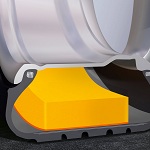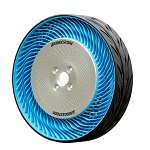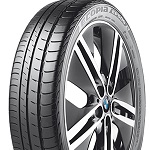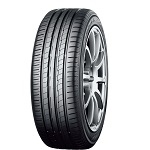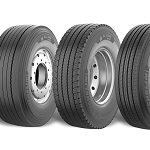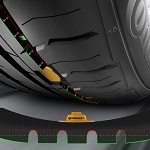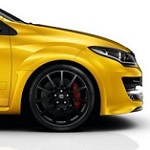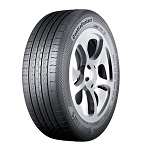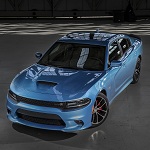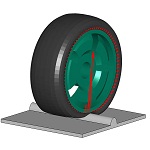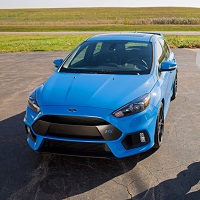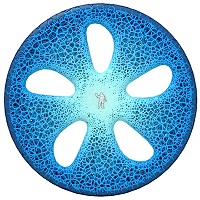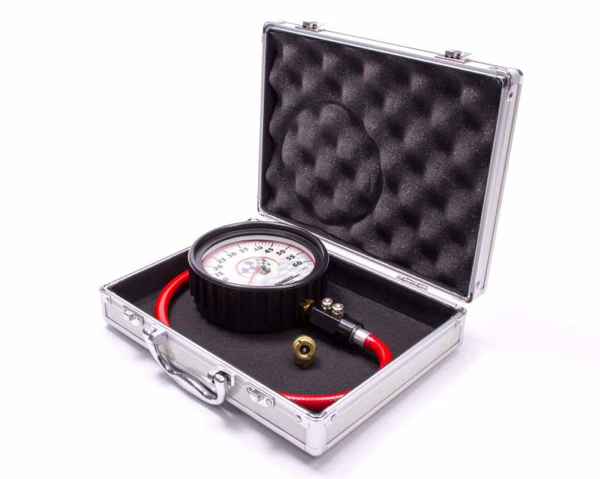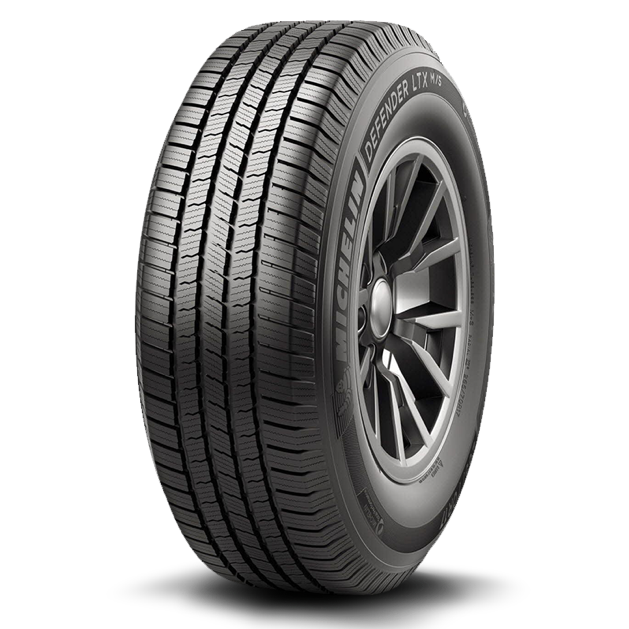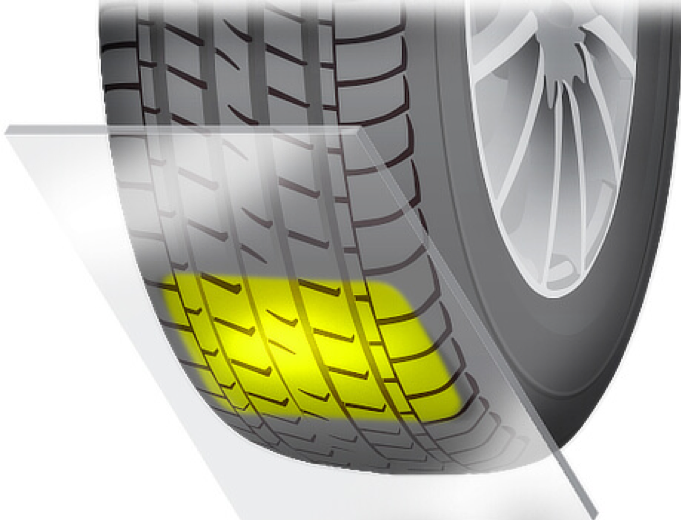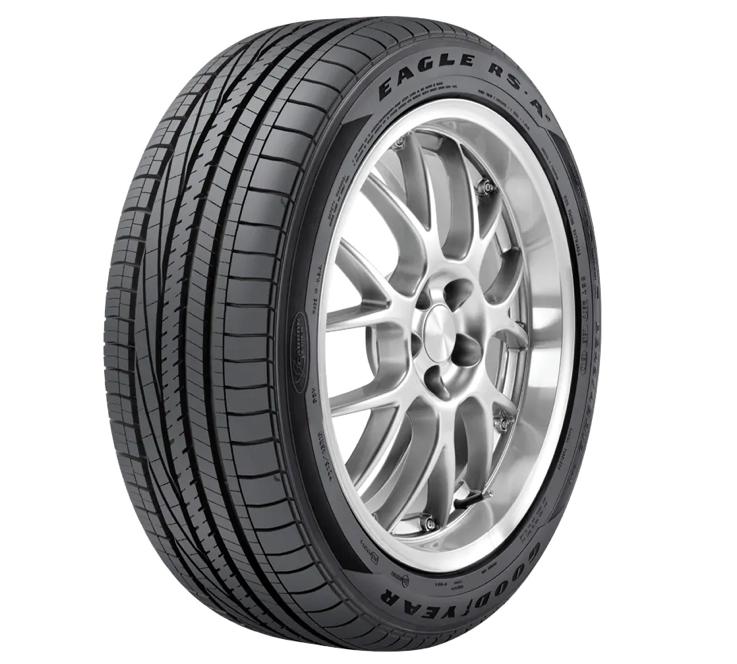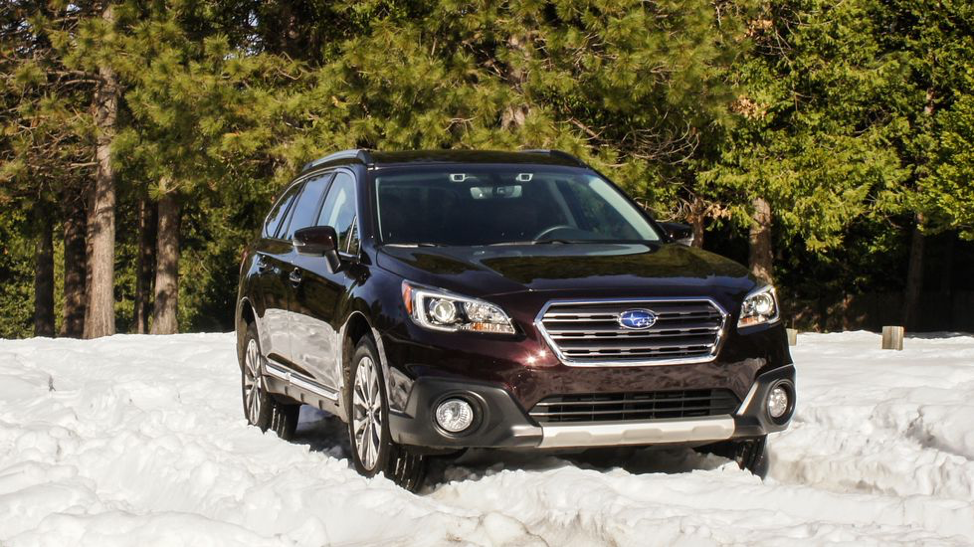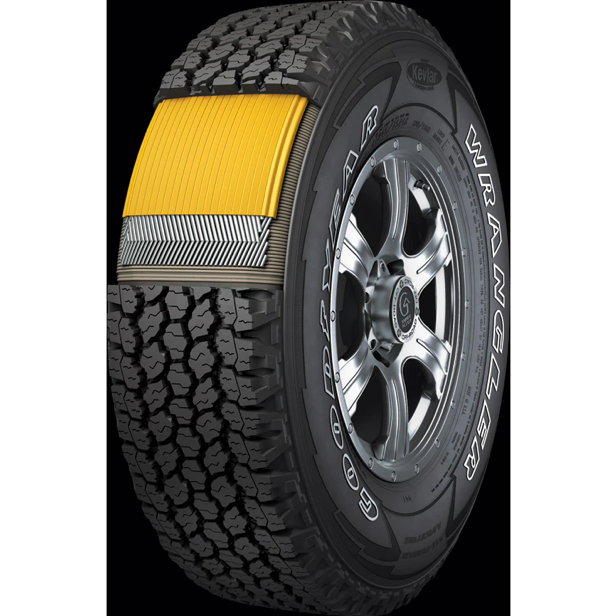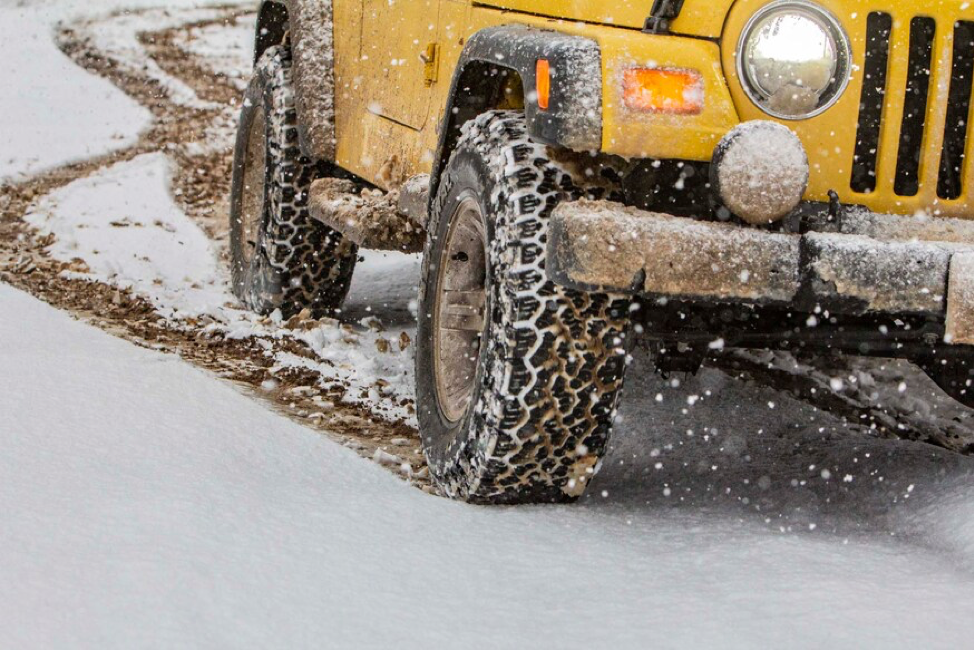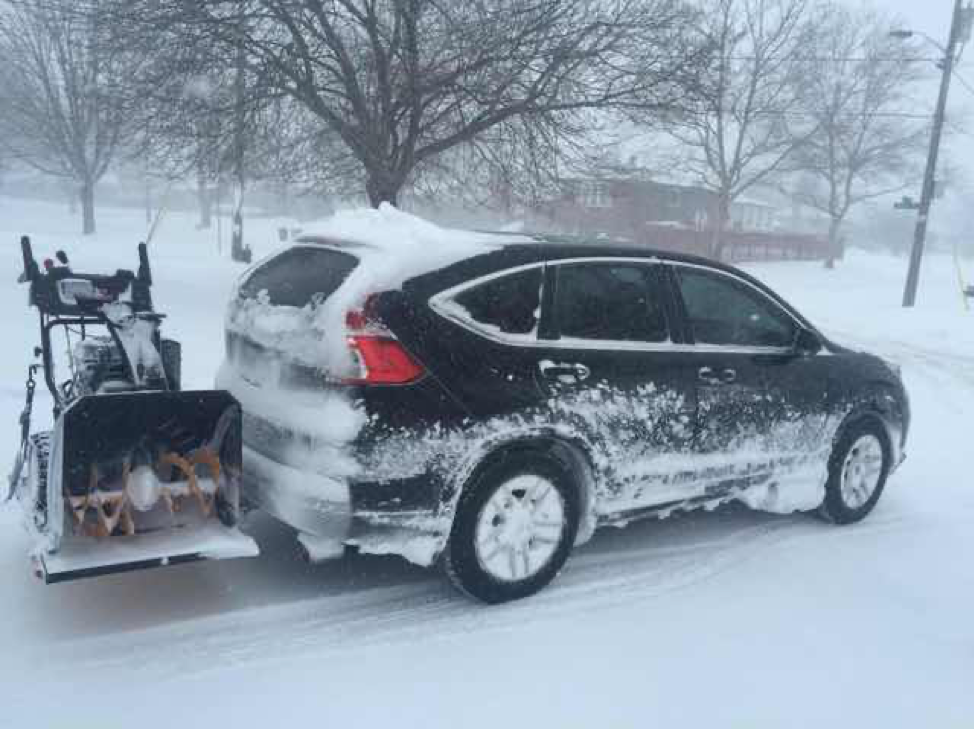In a previous article, we discussed basically everything you need to know about tires (they happened to be of a specific size and designed for special vehicles, but we went over everything in great details) as a refresher, let’s recap on a few select points. First and foremost, it’s important to remember that while all tires must be held to a certain standard of structural integrity, not all tires are created equal. Let’s talk about these differences before diving into the good stuff.
If you want to cut to the chase, and search the best source of tire recommendations; then check out the link below:
How to Pick the Best Michelin Tire: Understand the Numbers
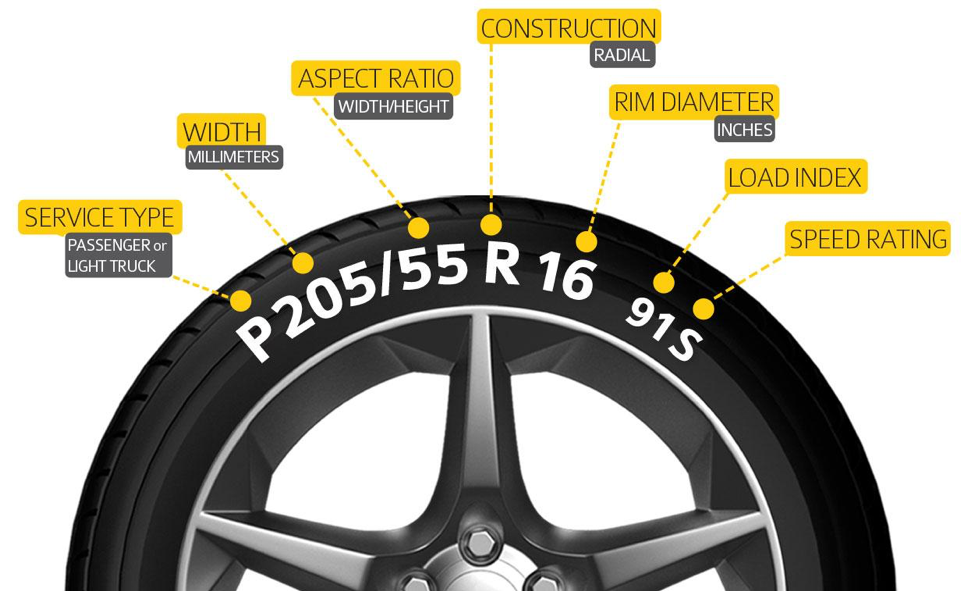
Source 4
- Tire size: Tires come in so many sizes, so how do you choose the tire size that’s right for your vehicle? Well, you’ll need to find out your tire size. This info can be found on the sidewall of your current tires. Tire numbers read as follows XX/YYYRZZ. The first number is the tire width, measured in millimeters. The second number is the aspect ratio. The aspect ratio can be calculated by dividing sidewall height (from the rim to the top of the tire tread) by tire width. And the third number is the rim or wheel size measured in inches. Generally, SUVs have larger tires than cars but smaller tires than trucks.
- Sidewall size: Larger tires tend to have shorter sidewalls which means they are stiffer or sturdier than the sidewalls of smaller tires. The importance of sidewall structure mainly revolves around potholes, and if you’re in the northeast you know all about this. Shorter, stiffer sidewalls mean a higher chance of blowouts should you hit a pothole.
- PSI: PSI, or pounds per square inch is the unit of measure for air in tires. Larger tires have the capacity to handle significantly higher PSI than small tires. Carmen C. of an independent shop in Cape Cod, Massachusetts reminds us that “tires inflated to a higher PSI will increase the chances of your tires popping, but decrease your risk of hydroplaning when hitting a wet spot on the road. Not safety-related, higher PSI will also change the feel of your ride, so some people ignore the manufacturer’s recommended pressure setting to attain a certain feel to their drive.” PSI for most cars and SUVs is 35.
Why We Like Michelin SUV and Light Truck Tires
Next, let’s talk about tire brands. I’d like to focus on Michelin, one of the biggest (the second largest to be exact) names in the world of tires, although Goodyear, Continental, Cooper, Bridgestone, and BFGoodrich are all equally good manufacturers. A little background on Michelin; Michelin was started in France in 1889 by two brothers who owned a rubber factory. And yep, you guessed it, their last name was Michelin. To make a very long story short, Michelin is now regarded as one of the top tire manufacturers in the world.
Increasingly popular on the roads today are Sport Utility Vehicles or SUVs. Some people have a “thing” about sitting up high where they can see over a few car lengths of traffic. Others may have a large family and need extra seats to tote the kids around town. Or, if you’re like me, you have an SUV for toting around your pets and all the junk that accumulates in the car (did somebody say something about a trunk full of shoes?). Either way, SUVs are easily considered the most versatile of all vehicle types as they combine some of the features of sedans with some of the features of trucks.
Unlike cars, SUVs have been optimized for all-terrain travel and are commonly used for off-roading, towing, or beach travel (enter something witty here about Jeeps). Because SUVs are designed for multiple types of terrain, it is important that they are well equipped to handle the various types of terrains, and this is where tires play a huge role. “You can try to think of SUV tires as mountain bike tires versus road cycling tires”, says Mercedes Parts expert Oscar in Marlborough, Massachusetts “that’s a comparison everyone can understand”.
Just like those who drive manual transmission vehicles, SUV drivers are a different breed. SUV drivers are not car (sedan) people, but also not pickup truck people. So they’ve met in this crossover/hybrid style of the SUV. Much like the drivers of these glorious vehicles, the tires are unique as well. You see, you can’t use just any tires on an SUV, you have to use light truck tires. In this article, we will discuss everything you need to know about SUV tires, and the 2 best Michelin tires designed for SUVs.
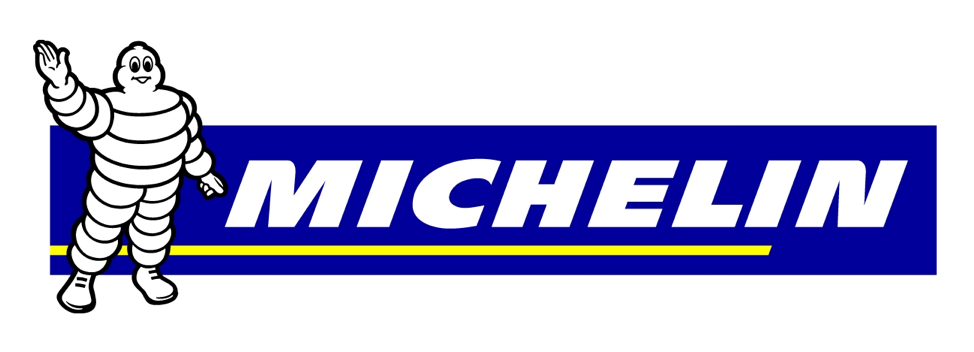
How Did we Pick the Best Michelin Tires for SUVs and Light Trucks?
Sport Utility Vehicles need special tires for a multitude of reasons but let’s focus on 3 major ones. “First and foremost, the weight of the vehicle. You obviously cannot put the same tires on a Hyundai Elantra as you would a Cadillac Escalade…. Okay maybe that’s not a good example, let’s say you obviously cannot put the same two tires on a ford fiesta as you would a ford escape” says Chevrolet Service Advisor Fred L. Second and far less important is that it would look absolutely ridiculous if you put small tires on an SUV. Third we circle back to terrain. While an SUV is not an ATV (All-Terrain Vehicle) they do have a lot of standard features in common. While the tires are different, they are designed to handle similar travel circumstances like off-roading and slick surfaces; this includes travel on sand, mud, snow, ice and gravel.
We group SUVs and light trucks together when it comes to tires, as standard passenger car tires do not suffice for SUVs or for trucks; that being said there are some small SUVs (which may be considered crossovers like the Buick Encore or Ford Escape) which can get away with using regular passenger tires. The brand of tires I’ve chosen to focus on today is Michelin, so I’ve done a little research to help you choose a good fit for your vehicle. In my personal and professional opinion, the two best Michelin tires for Sport Utility Vehicles are: the Michelin Defender LTX M/S and the Michelin LTX M/S2. Both of these tires can be purchased directly from the manufacturer at https://www.michelinman.com where you can also read thousands of reviews of each tire model. While I’d love for you to just take my word for it, I strongly encourage reading the tire testimonials from consumers who have actually driven an SUV with these tires on them, as their opinion holds more value (although I am a good tire researcher LOL).
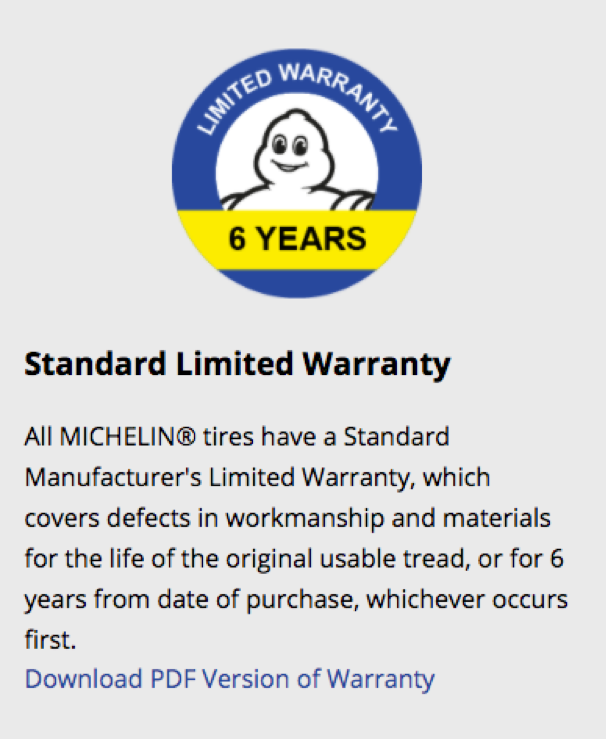
Our Picks for the Best Michelin Tires for an SUV
The first of the two tires I’d like to discuss is the Michelin Defender LTX M/S. Optimized for light trucks and SUVs as well as muddy and snow like conditions, this tire has a consumer score of 4.3 stars (out of 5 stars) based on 502 consumer reviews. How did it get to a 4.3? Let’s talk about the good, bad and the ugly. The good: the Michelin Defender LTX M/S is an all season, mud and snow tire. It offers the Ultimate Tread Life and has a mileage warranty of a whopping 70k miles (which they equate to be 6 years), for some people, that’s a lifetime warranty! Being all season, they offer year-round weather safety and finally, they are considered eco-friendly! The bad: quality seems to vary from year to year. One review states, that the first set of Michelin Defender LTX M/S tires lasted 25k miles and another set last 50k miles… with the same vehicle, driver and maintenance. The ugly: tire noise… NOBODY likes tire noise, but hey, like my dad says “turn up the radio, you won’t hear it anymore”. All things considered, the reviews chalk this up to some flukes and the tires are for the most part well regarded.
1. Michelin Defender LTX M/S
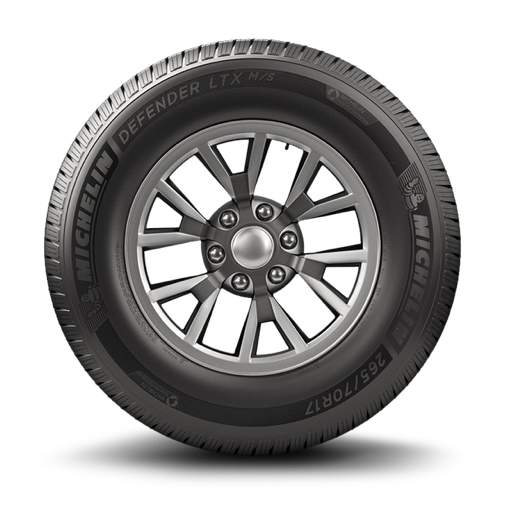
2. Michelin LTX M/S2
The second of the 2 tires is the Michelin LTX M/S2. These all season, mud and snow tires boast 4.8 stars out of over 2k reviews. If the reviews don’t speak for themself, let me break it down for you. For starters, these tires come with a Ultimate Tread Life guarantee with a 70k mile, 6 year warranty. Better than the Defenders, they offer great fuel efficiency and are significantly quieter on the road. The good, everything the defenders have and then some. The bad: not always perfect in the snow (but is anything, really?) The ugly: they didn’t last 70k miles for some drivers (but let’s blame that on poor maintenance).
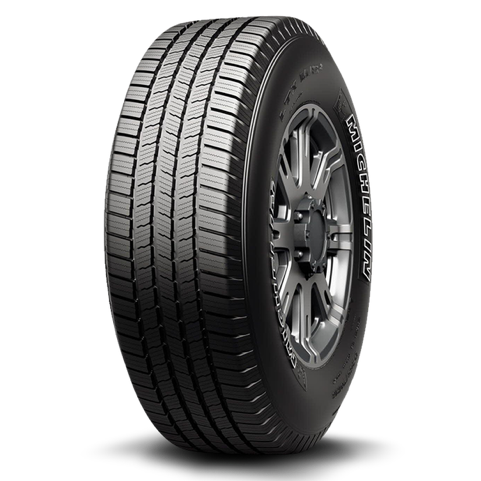
So, now you have the 411 and based on that information it’s time to decide which Michelin tires are best for your SUV (or light truck). Personally, I’m going with the Michelin LTX M/S 2s, but it’s your vehicle so the choice is up to you. Let us know in the comments what your choice was, or if you’ve decided to go with a different make or model (although seeing as Michelin is the second largest tire manufacturer in the world… one of these should be in your top choices).
Source 1- https://en.wikipedia.org/wiki/Michelin
Source 2- https://www.michelinman.com/
Source 3- https://www.tirerack.com/
Source 4- www.Carfromjapan.com

